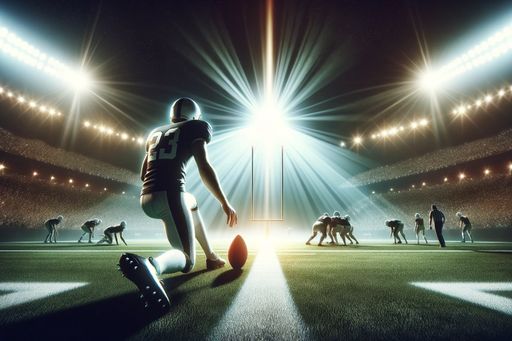Justice for Kyle Shanahan? Barnwell's Guide to Every NFL Playoff Overtime Angle
Bill Barnwell delves into the conversation surrounding Kyle Shanahan's decision to take the ball first in overtime during Super Bowl LVIII and evaluates the arguments for and against this strategy.

It's the same as CFB!
One argument in favor of Kyle Shanahan's decision to take the ball first in overtime is that it is similar to the college football overtime format and gives the team a chance to know what it needs to do to win. However, there are key differences between the NFL and college football overtime rules, such as field position and the opportunity for one team to win without giving the ball back to the opposing team.
In college football, teams always have a chance to match or top the first team's score on their drive. In the NFL, if both teams are tied after one possession, the team that had possession first in overtime gets a chance to win without giving the ball back. This makes getting the ball third an advantageous position for a team if they can get there.
You're not getting the ball back!
Another argument against Shanahan's decision is that by giving the ball to the Chiefs second, the 49ers never had a chance to get the ball back and potentially win the game. However, the trade-off is that by going second, Team 2 always has the advantage of making decisions based on what Team 1 did.
The likelihood of getting the ball back for a third possession depends on how aggressive Team 2 is in their decision-making. If they know Team 1 has an advantage on the third possession, they may be more likely to go for it and try to win on their second possession. However, there are scenarios where Team 2 may kick or fail on a fourth down, giving Team 1 the victory without a third possession.
But Mahomes is on the other side!
Some argue that Shanahan made a mistake by giving the ball to Patrick Mahomes with a chance to win the game. While facing Mahomes is undoubtedly a challenge, it would have been a difficult situation whether the 49ers faced him on the first or second drive of overtime. Additionally, letting Mahomes go second gave the Chiefs the advantage of being more aggressive on fourth down, making their offense even more dangerous.
It's worth noting that Mahomes has not always been automatic in playoff overtime situations. In a previous playoff game, Mahomes threw an interception in overtime, leading to the opposing team winning the game.
Shanahan messed up on his overtime drive!
Critics of Shanahan argue that the 49ers should have gone for it on fourth-and-4 instead of kicking a field goal. Shanahan defended his decision, stating that even if they had scored a touchdown, the Chiefs could still go down and match it. However, scoring a touchdown would have put the 49ers in a better position to win, as it's more difficult to match a touchdown than a field goal.
The play call on fourth down itself also came into question, as the pass protection broke down and led to the Chiefs disrupting the play. This decision-making and execution on the drive played a significant role in the outcome of the game.


